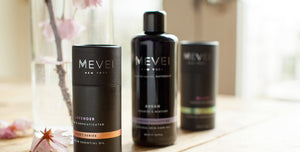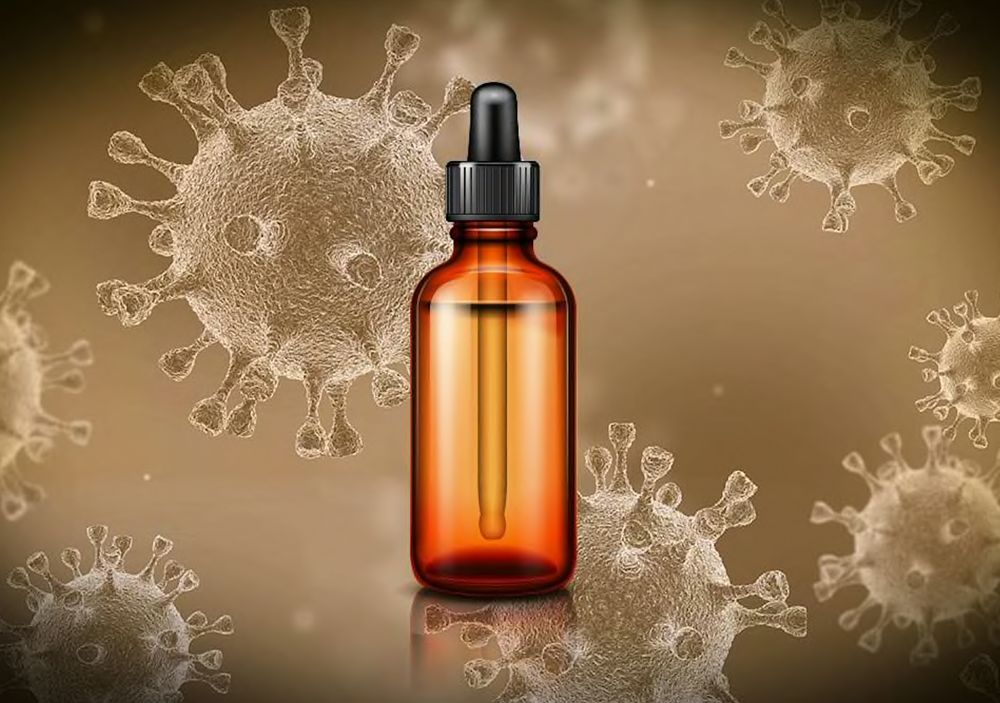The essential oil business has grown significantly over the last decade and hasn’t slowed since the onset of COVID-19. In fact, it seems like more people are turning to these oils for their relaxing, immune-system boosting and disinfecting properties to help cope with the stresses of the pandemic. The ongoing coronavirus (COVID-19) outbreak has seen a surge in demand for essential oils with claims of antiviral and antibacterial effects, although the industry has warned there are no sufficient evidence of its efficacy against the pandemic.
Some producers of essential oils have thrown their hats into the coronavirus claims ring, according to recent warning letters from the US Food and Drug Administration and the Federal Trade Commission. The Food and Drug Administration (FDA) in the United States has warned companies selling essential oils that are "safe or effective for the treatment or prevention of COVID-19.”
If only it were that simple. If all one would have to do to prevent the SARS-CoV-2 virus from infecting the respiratory tract is to inhale some vapor from eucalyptus essential oil, our worries would be over.
At the time of writing this article, there is no known cure for COVID-19 (although many possibilities are being tested). Essential oils considered to be “antiviral” are not universal virus killers. “Antiviral” means that it inhibits the proliferation of a virus, while “virucidal” means a virus is destroyed or deactivated. In many instances, essential oils may be effective in killing one specific virus, but not another. It’s also important to note that prevention and treatment are not the same thing. An essential oil that kills virus particles in the air or on the skin is a different concept to one that interferes with the actions of a virus once it has entered the body. Additionally, research on antiviral activity does not equate to finding an “essential oil for the virus”.
Research into coronaviruses may eventually address the antiviral efficacy of essential oils, but to date, in vitro data on the antiviral and virucidal activity of essential oils is limited, and in vivo human data is non-existent. As such, the specific mechanisms that coronaviruses use is poorly understood. SARS-CoV-2 or COVID-19 is the most recent outbreak, which means even less is known about this coronavirus.
Essential oils for psychological wellbeing
Because there is no known cure for COVID-19, medical interventions focus on symptom management, and severe cases often requiring mechanical respiratory support. Under no circumstances should you try to address a severe case of COVID-19 yourself, and must seek medical advice immediately. If only mild symptoms are present, you could use essential oils to alleviate (and not treat) some of the symptoms for psychological wellbeing – for example chest rubs or steam inhalation using Eucalyptus or Rosemary essential oil. You could also use Lavender essential oil to combat the inevitable stress and anxiety.
MEVEI’s mission is to demystify essential oils, cut through all the noise and misleading marketing hype and present a straightforward, upfront, honest and quality luxury product without any deceiving marketing gimmicks. There is currently no research into the effect essential oils may have on this particular virus. We are therefore not suggesting any aromatherapy formulations to prevent or treat SARS-CoV-2 infection with essential oils. Current standard of care for COVID-19 is supportive only. By far the best thing you can do to mitigate the pandemic is to follow the recommendations of the WHO, CDC and other public health authorities – Practice good hygiene and social distancing.



Comments
1 comment
Maya C
Informative and helpful article.